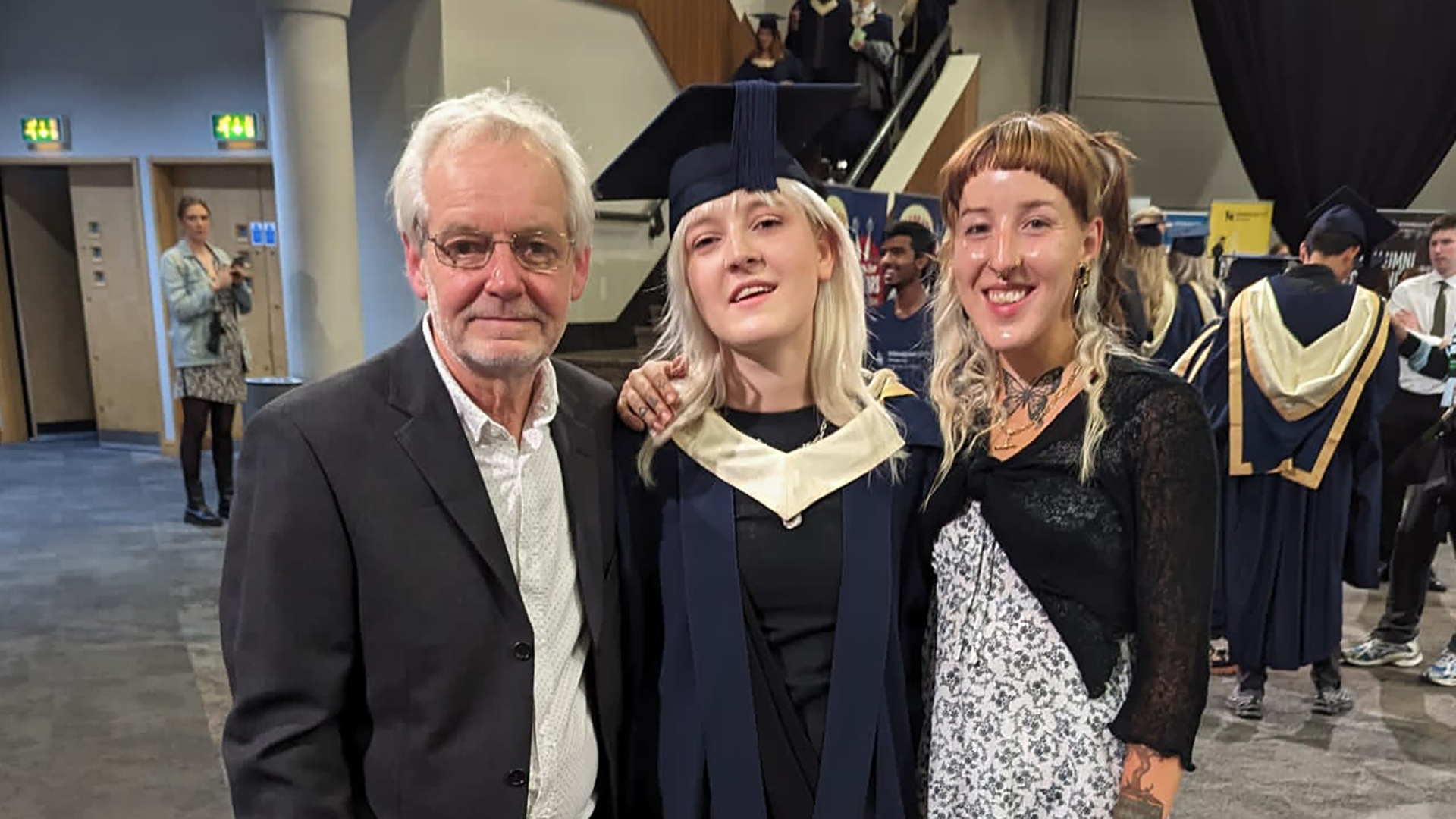With my Netflix subscription cancelled and avocado toast a long-forgotten dream, I still can’t afford to rent, let alone buy a house. I graduated from my masters degree with no money, stable job prospects or clear way forward. So I moved back. In with my dad, that is.
Moving home isn’t always an option, but my dad owns his house and can just about tolerate me, so it wasn’t impossible to persuade him to have me back. Still, heading home felt like giving up my independence, my life. But life continued. It even got better.
It’s not just me out of the 4.9 million people who, according to the Office for National Statistics (ONS), have moved back in with their parents that have found this to be true. Smriti Joshi, lead psychologist at mental health app Wysa believes that moving home has negative connotations because of the perceived loss of independence, just like I originally believed. But, according to her words and my experience, what you do lose, marginally, in freedom is made up for in support.
“Leaving your family home brings opportunities to face new challenges and gain a sense of self-reliance,” she says. “But that doesn’t mean staying with a support network is unhealthy. Living with family and being close to a strong community network can provide emotional support, connection, and reduce the likelihood of isolation.”
Connection with local communities is equally important. Joshi explains: “Having social connections, even small ones like knowing the cashier at your corner shop or a familiar face at your library, can improve
your wellbeing.”
Get the latest news and insight into how the Big Issue magazine is made by signing up for the Inside Big Issue newsletter










